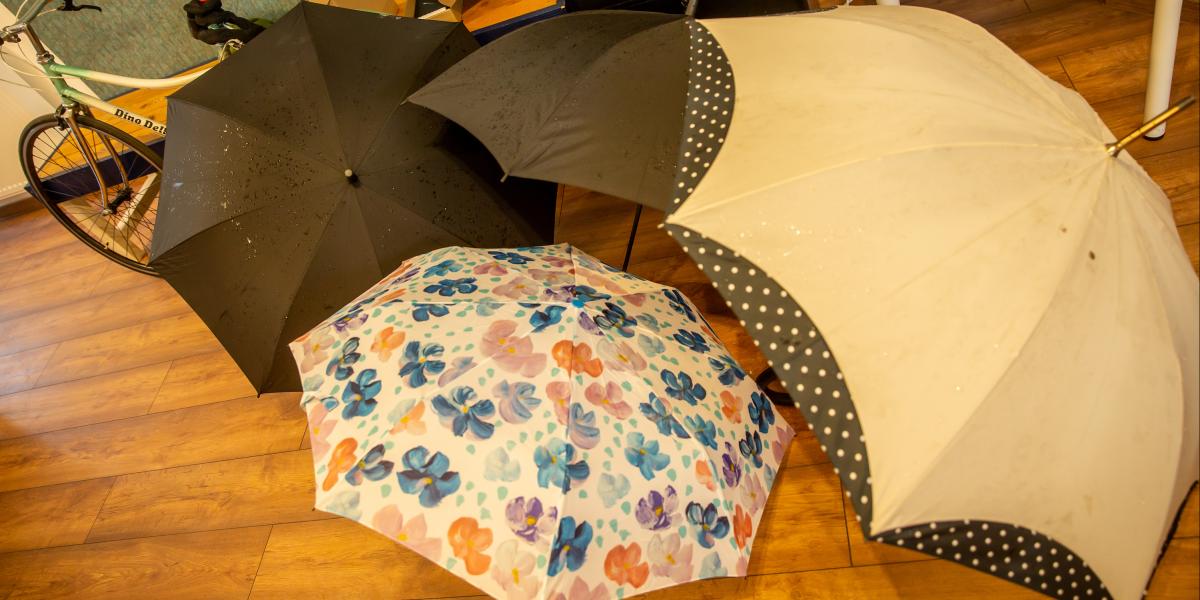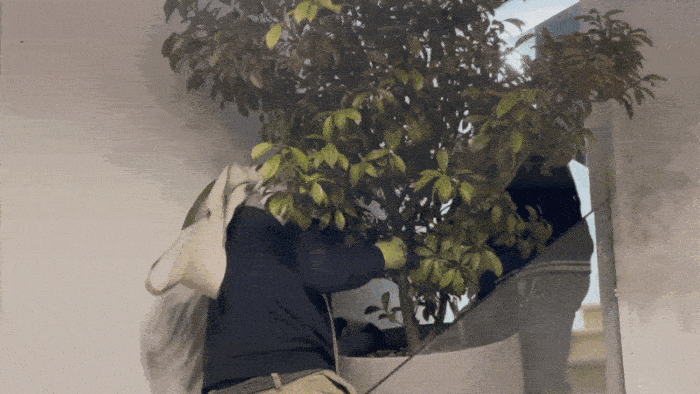There is no need for acting smart, an accepting environment is much more useful.
Integral Vision
"I know how devastating it is when someone drops back my issue. I want to spare her from that, so I'm constantly thinking of how I can define the task more precisely so that we don't end up in that situation."
There we sat, six of us, at the usual fortnightly team retrospective. We were past the how-do-you-do's, listening to what he was saying, taking notes of my thoughts so I could ask questions after sharing. Our man had just created his story of the past two weeks, stringing one experience onto another like a free-associative chain. It was one of the salient points he presented to us as a dilemma, offering us the opportunity to connect.
As I listened to him, I was reminded of my own experience of how, in the context of one of the difficulties I had with a project, I had sought my responsibility and how the project manager had pushed me back from self-abuse. If I can find my fault in the situation, I will have control over it because I can change it. I have an active role in the early stages of projects; when tendering and contracting, it is relatively easy for me to find a narrative that something happened then, which then caused tension in others six months later as a result of a long chain of cause and effect. I have the moment in the kitchen as a frozen image, searching for the words, and as I bathe in introspection, the sobering sentence comes. "No, Kulcsi, this has nothing to do with what we're in now. It's simpler than that." The project manager pulled me back to the present with two sentences, and I let go of my unfolding narrative so I could listen again to what he was saying. I tend to over-emphasize the importance of my contribution, and I often find that taking responsibility energizes me and allows me to positively impact even under challenging situations. However, all this is useless pomposity when there are other, more relevant narratives than my own. In such cases, I can best listen to and relate to his story. He is looking for a solution, he wants to create his interpretation, and I can help him do that here and now with questions, not advice.
"Who has questions or feedback?" I turned to the others and gestured to my notes. As I listened to the others, I tried to let go of my associations. Once again, I found that sharing the dilemma in itself relieved the tension involved. There is no need to acting smart; an accepting atmosphere is much more helpful.
Share with your friends!


